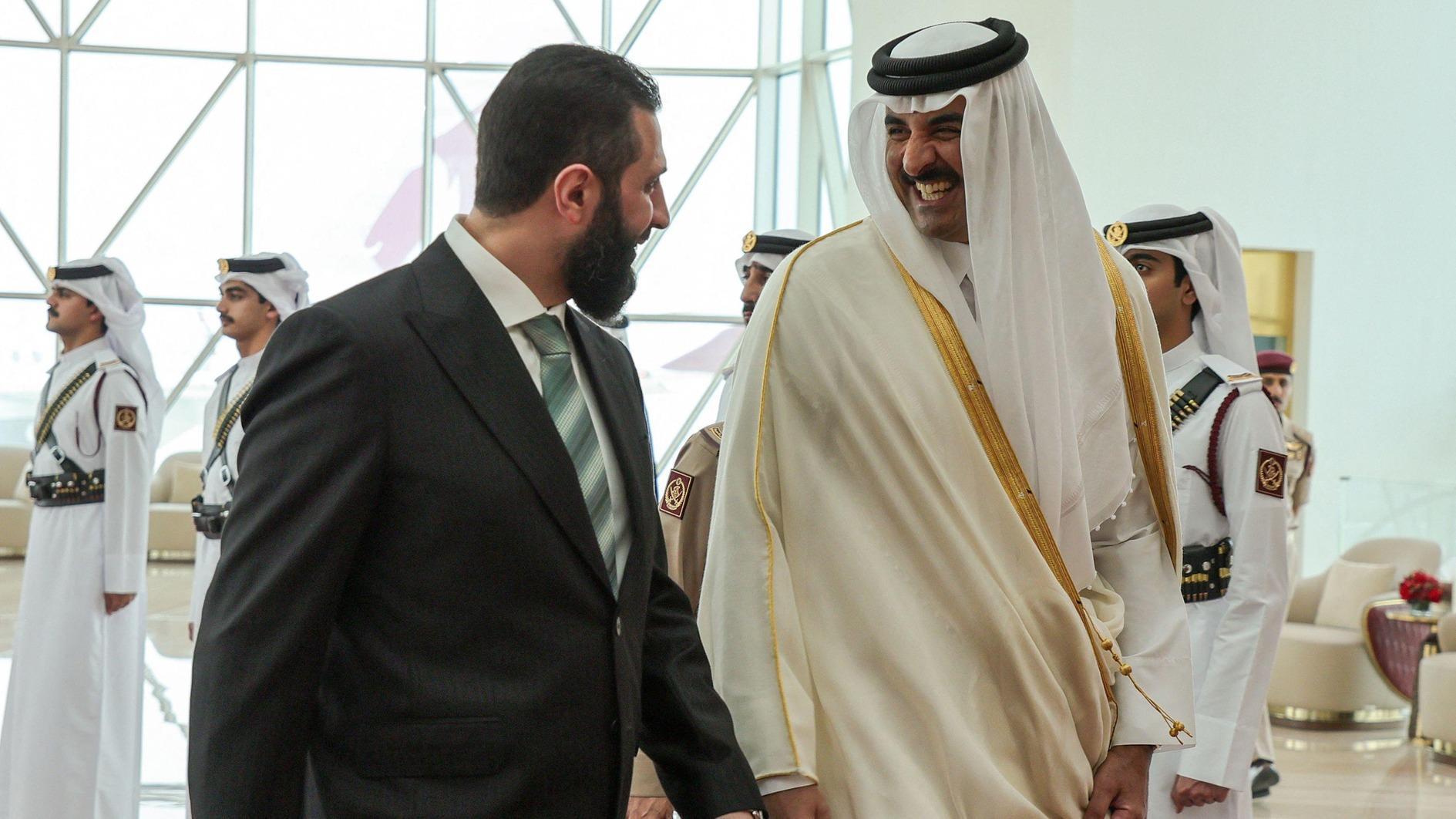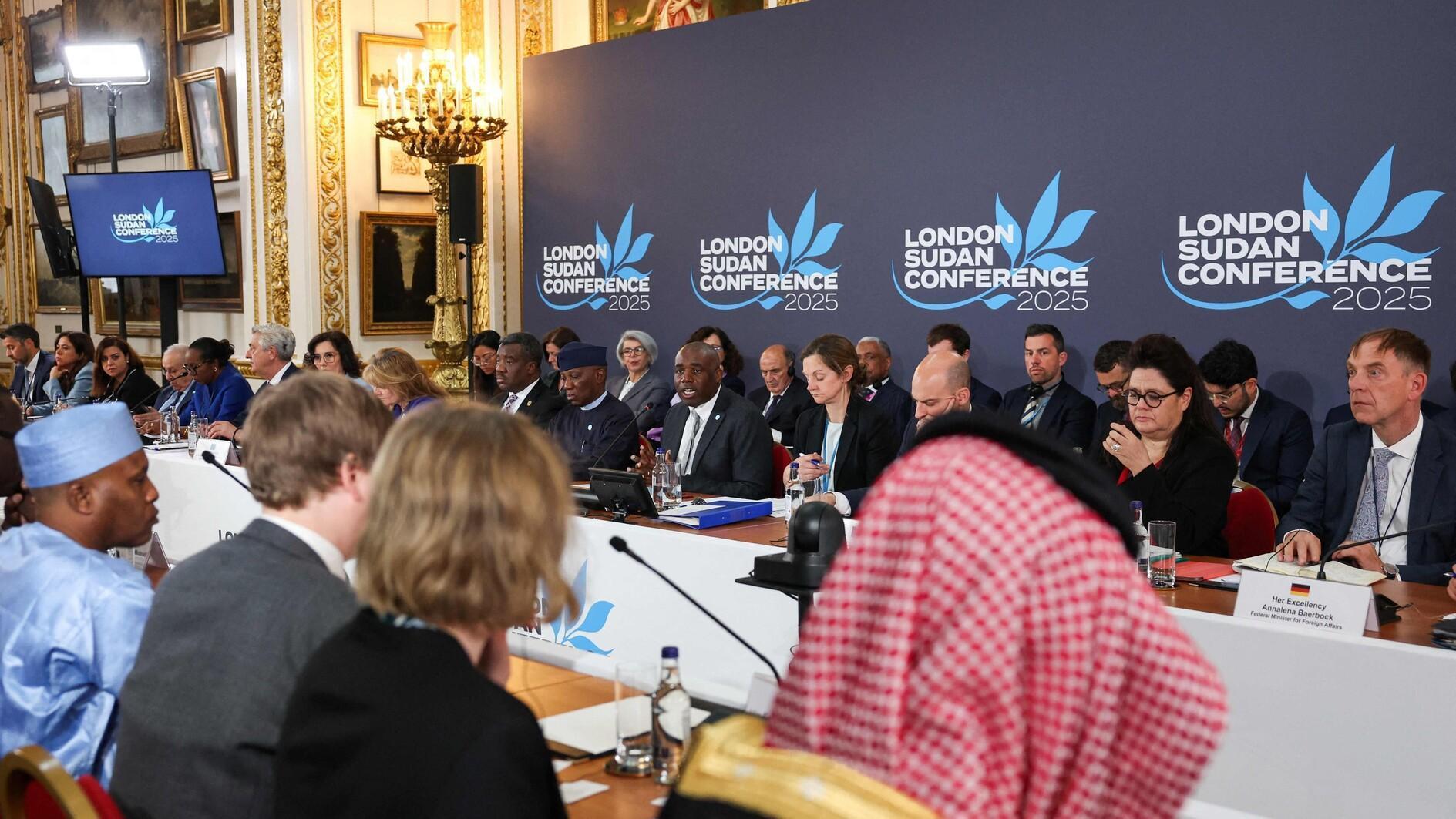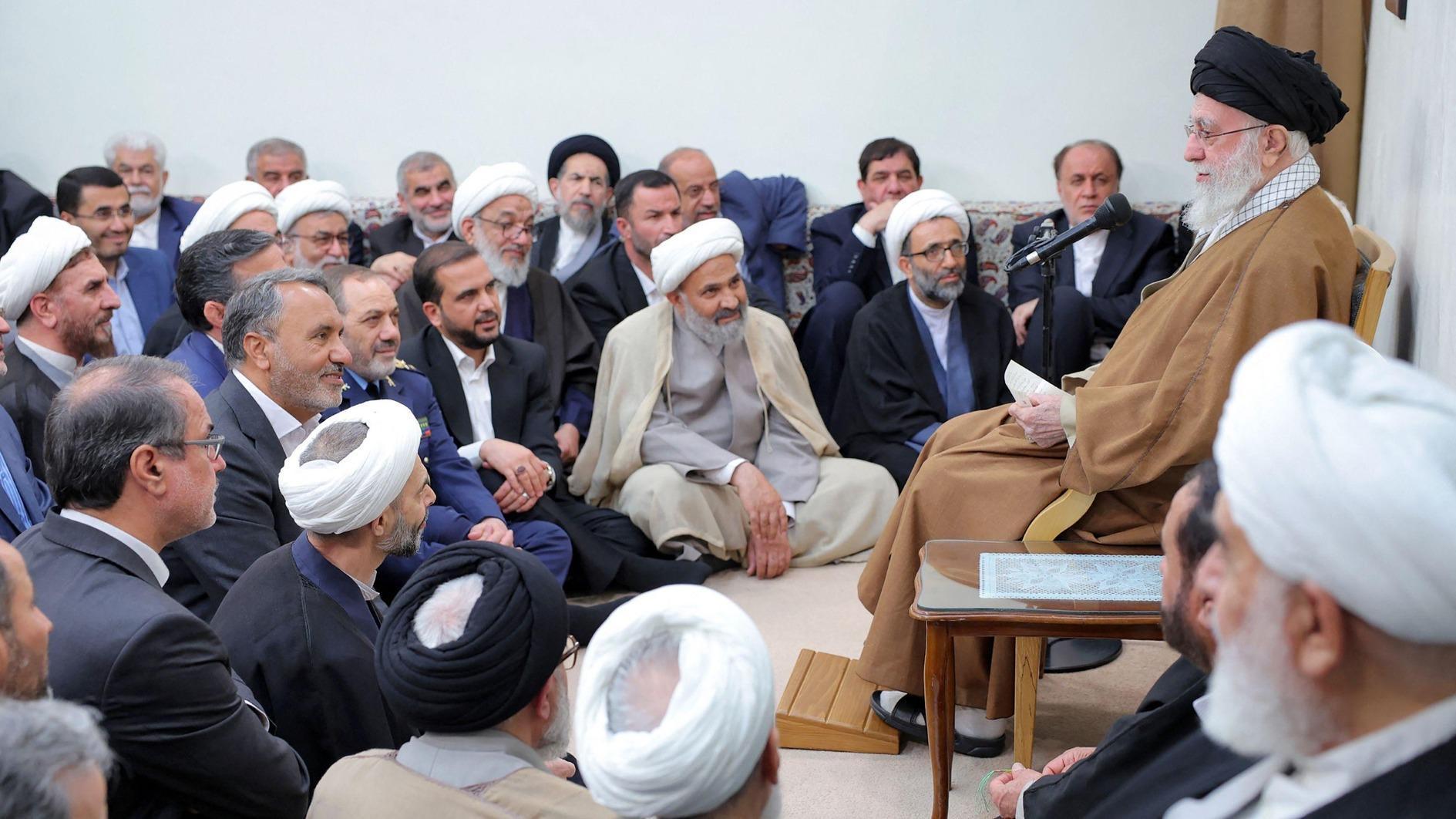Whither Turkey?
Turkey is still a country in flux. Its economic transition started in the early 1980s with price liberalization. That was later coupled with the EU Customs Union arrangement and the 2001 Kemal Derviş reforms. Both were important in transforming Turkey into a mid-tech industrial country. Political transformation started with the emergence of secondary industrial cities. Industry was eager to change the political landscape, and so started the political transformation of the 2002 elections. What is happening in Turkey today? Turkey is completing its first cycle of political transformation, if you ask me.
The good news is that the country is going to cure its ills with the ballot box this time around. That is very healthy and should not be feared. Want to hear the bad news? It is going to be a rough ride. Let me tell you why.
There are three unprecedented phenomena that will probably make this painful. One is global. The Fed’s tapering is an unprecedented global phenomenon that caught a handful of emerging markets off guard. Turkey is one of them. The dollar is on the rise and people are starting to struggle. But we are only at the beginning of this saga. You just wait for the full hit. It will be far from the serene global atmosphere that would be ideal for the political transformation we are undergoing.
The second is a regional phenomenon, again unprecedented. The Second World War ended in 1989 and now we are approaching the end of the First World War – 2014 is its centenary and the hastily drawn borders of that period are painfully coming apart. Just look at Iraq, Syria and Crimea; and those are only the problems at our borders. None of them are of our own making. In a conference a while ago, someone made a remark about Turkey being indecisive. But how can one expect decisiveness when the region’s political foundations are shaking underneath our feet? Just look at the White House and you’ll see what I mean.
The third in the series of unprecedented phenomena is a domestic one. There is a crack in the Sunni Turkish majority of the country, hitherto considered the bedrock of our system. The fault line is moving fast and getting wider. That is not a conducive atmosphere to complete the political transformation smoothly.
So it is going to be a rough ride. It is hard to make even educated guesses about the near future. Strangely though, I do not feel pessimistic. Why? I think back to a discussion I had with an old man in the Central Anatolian city of Konya. It must have been early 2012. The Economic Policy Research Foundation of Turkey (TEPAV) was organizing town hall meetings for a new constitution that was on the Parliament’s agenda at the time. We were on the topic of the presidential system, and this old man said he thought the president should be elected by popular vote. When I asked him why, he said, “It is better for the ballot box to come to us more often.” So he wanted to elect presidents and prime ministers separately, by popular vote. I asked him whether this could lead to tensions between the two offices. Why not have just one chief executive? He just smiled and said, “If we are to have a man at the top making decisions, let there be a second one, too.”
In all the town halls we held across the country, people were remarkably consistent on this point. I am not quite sure why, but it gives me hope. Are the next few years going to be rough? Yes. But Turkey is a mature democracy. It is only improving with age.











